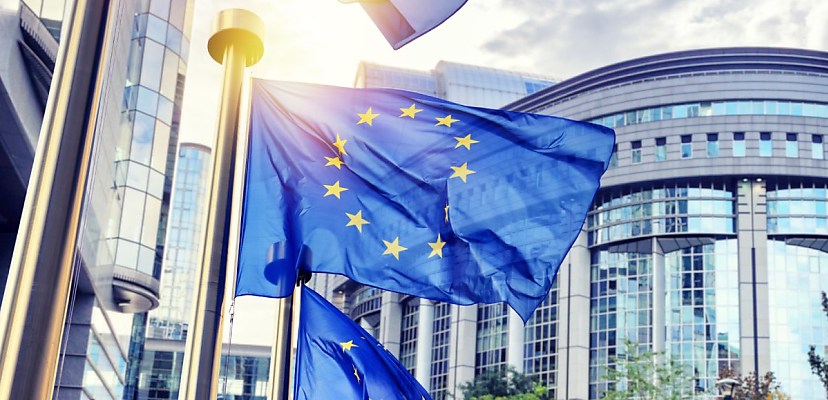Share this article on:
Powered by MOMENTUMMEDIA
Breaking news and updates daily.
The European Parliament reaches a provisional agreement on the Cyber Solidarity Act to combat “large-scale cyber threats”.

The European Parliament and the council presidency have reached a provisional agreement regarding an act to boost cyber security across the region.
The Cyber Solidarity Act, as the new set of regulations is being called, was first touted in 2022 following Russia’s illegal invasion of Ukraine. The invasion unleashed a wave of cyber attacks against EU countries in the wake of European nations pledging support to the embattled nation of Ukraine.
Now that the agreement has been signed, it awaits only one more round of voting before passing into law, which, at this stage, is viewed largely as a formality.
The Cyber Solidarity Act consists of four main aims:
To manage these goals, the passing of the Cyber Solidarity Act will see the standing up of a pan-European cyber security alert system composed of a raft of cross-border security operations centres. These “cyber hubs” will promote information sharing and assist in detecting and responding to cyber threats as they happen.
The new regulations will also support the creation of a “cyber security emergency mechanism” to enhance incident response and provide mutual financial assistance.
“Today’s agreements set new milestones for Europe’s cyber resilience,” said Mathieu Michel, Belgian Secretary of State for Digitisation, in charge of administrative simplification and privacy protection, in a statement.
“These rules will strengthen the EU’s and member states’ capabilities to prepare, prevent, respond, and recover from large-scale cyber threats or incidents. Moreover, creating the possibility for the certification of managed security services will help to ensure a high common level of these cyber security services across the EU by facilitating their cross-border provision to the benefit of our citizens and businesses.”

David Hollingworth has been writing about technology for over 20 years, and has worked for a range of print and online titles in his career. He is enjoying getting to grips with cyber security, especially when it lets him talk about Lego.
Be the first to hear the latest developments in the cyber industry.